As my partner – now ex – scrolls through my Facebook photos, I’m horrified to hear that his unnecessary opinion was that ‘I looked a lot better back then.’
Back then, you see, I had anorexia and bulimia. I mention this, of course, horrified, yet he continues his attack as he traces my firm jawline as an anorexic, to now.
He says: ‘You’ve got a turkey neck now – gobble, gobble!’
‘See here’, he points out as he traces the line of my jaw on photos past and present.
He moves onto my hips. ‘Ripples!’ he laughs as he points out a roll on my perfectly healthy body.
Next up during this onslaught, is my belly: ‘You look like you’re pregnant.’ he sighs, seemingly resigned to dating me, an apparent heffer in his eyes.
I’d already spoken to him about my eating disorders, which I’d suffered from a few years previously. I’d ditched my scales and was maintaining a healthy weight at the time. These fresh comments were a set-back.
When I explain all this, I had expected he’d retract his hurtful remarks and perhaps show an ounce of shame or regret.
But no, he remained firm in his criticisms, citing his ‘caring’ nature and concerns for looking after my health and internal organs.
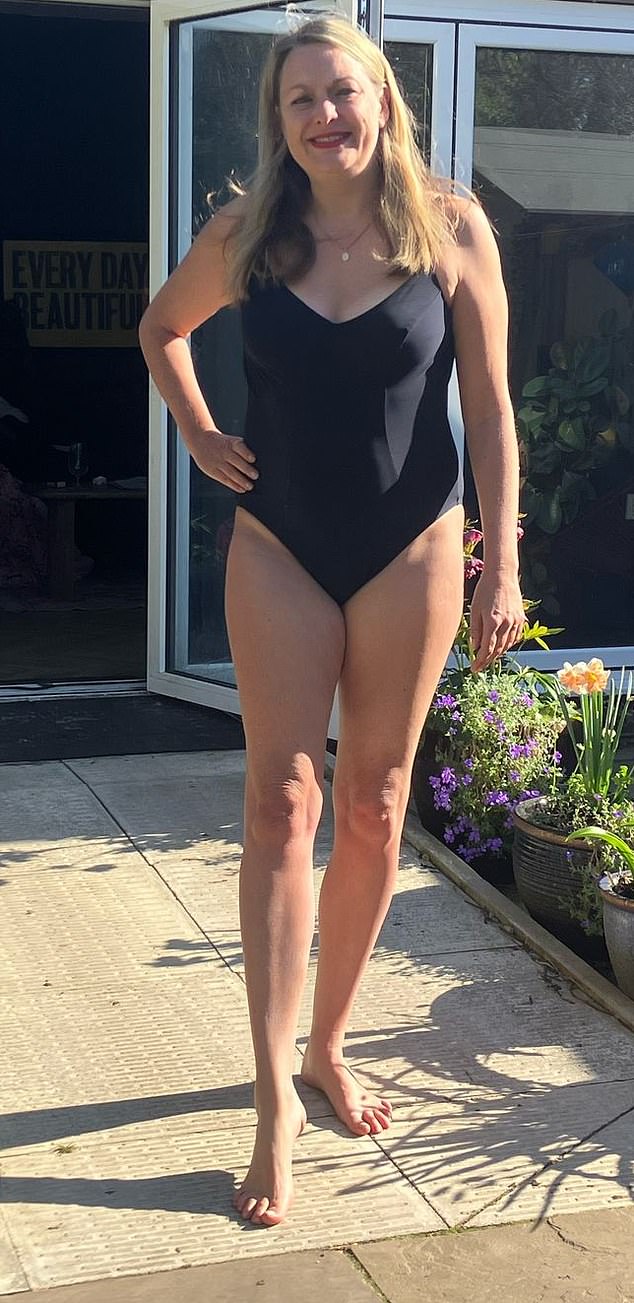
Erica Crompton, 44, from Staffordshire, opened up about being constantly body-shamed despite being a few lbs lighter than the average British woman and in recovery from anorexia and bulimia
When I look at photos from the time I spent with this man, I’d give my right arm to look as good as I did back then. A lot of women would, too. I was nine stone, 26 years old and still finding my feet and confidence.
I don’t talk about my eating disorder much in public as I never got a formal diagnosis. I went to see a GP after dropping to 5 stone and having lost my periods, and he said: ‘Eat a potato’. Then waved his left hand in the air to dismiss me.
I guess young women and eating disorders aren’t always taken so seriously, especially by male GPs.
It gets worse. More recently I’ve read comments on articles I’ve written – about non-related stuff – that I’m ‘out of shape’ ‘I need Ozempic’ or ‘not having children has still ruined my figure’. I’m equally horrified, but resigned to such criticism.
It would be easy to suggest this was entirely a feminist issue. But other women have commented on my body negatively too.
Whether or not I’m pregnant is something I’ve been asked a lot by women. One friend, who I no longer speak to, once placed her hand over my belly and argued I was expecting, despite my protests that I was not, and am diligent in taking the contraceptive pill.
Again, she was fixed in her belief that she’d said nothing wrong. She was just super happy for me as she firmly believed I was starting a family.
And it’s not just me with my head above the parapet on this issue.
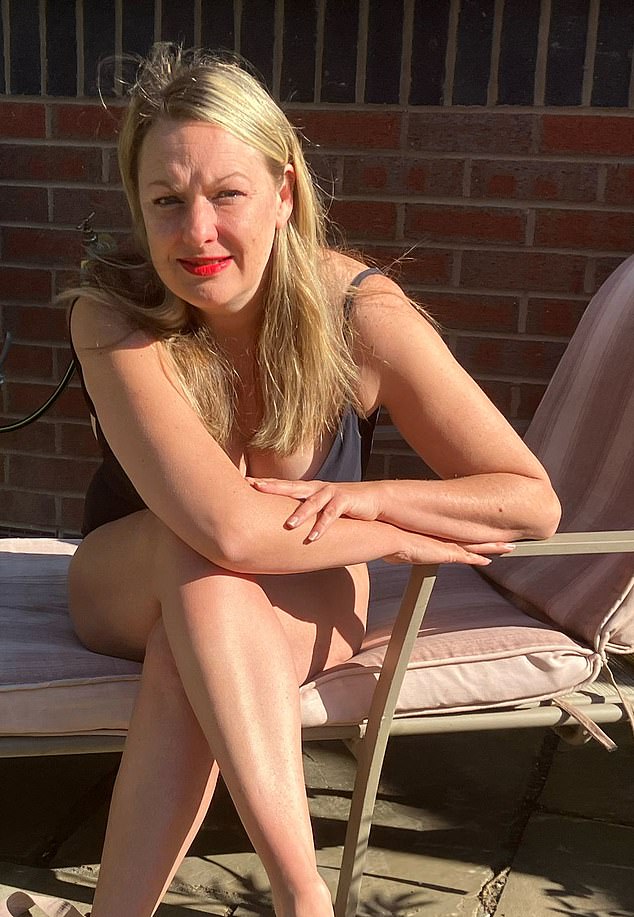
Erica says despite being a few lbs lighter than the average British woman, she’s constantly told she is fat and needs Ozempic
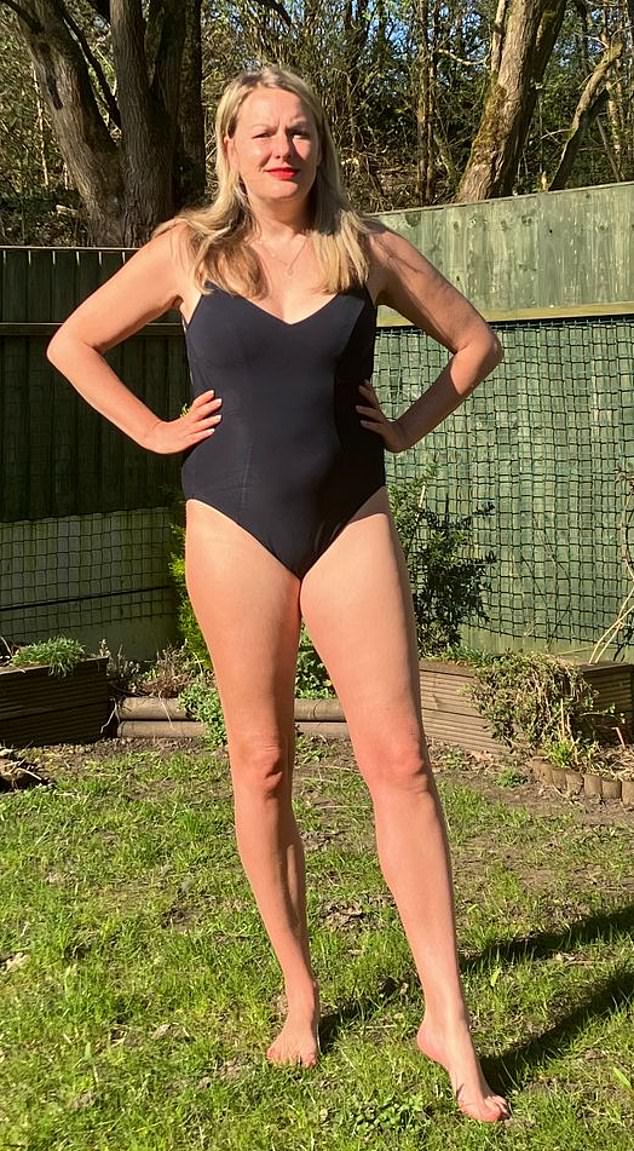
The 44-year-old says she’s read comments on articles that she’s written where people say she is ‘out of shape’ or ‘needs Ozempic’
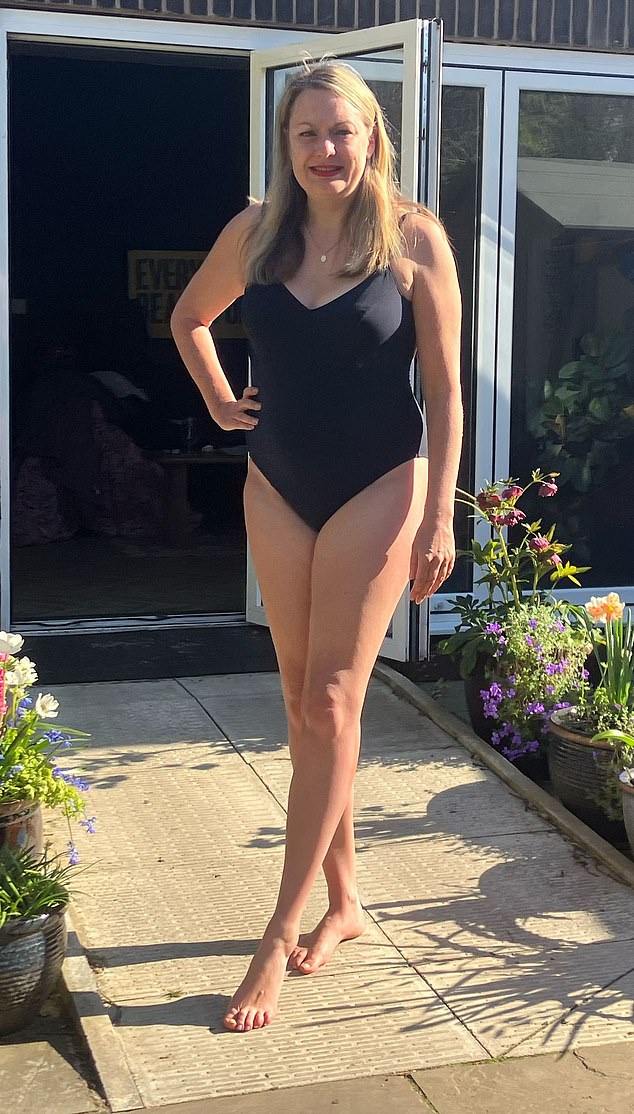
Now with a supportive boyfriend who loves her curves, Erica says she feels confident enough to pose in her swimwear
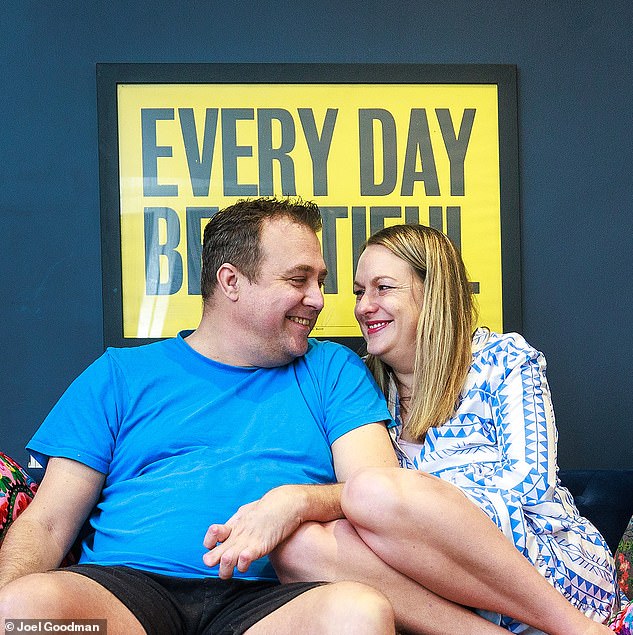
Erica pictured at her home in Staffordshire with her ‘supportive’ partner Paul
I see across my social media feeds that this isn’t just an unscrupulous ex, frenemy or the occasional unhinged keyboard warrior – that these views are many people actually think.
Dads, brothers, husbands, mums, friends and wives who are supposed to care. They all chime in, enjoying expressing concern with women’s bodies and how they measure up to models in magazines.
The truth is I’m not fat. My BMI is healthy. I’m actually a few pounds under the national average for women and slightly taller, too.
When I discovered I was the average weight, I actually felt proud to have overcome my anorexic days.
However, I’ve witnessed male friends suggesting in conversations that the national average of 11.2 stones ‘sounds big for a woman’.
Are Baby Boomers to blame? Being raised in the 1950s when women were expected to be a teeny 7 stone thanks to Mad Men-style marketeers?
What about Posh Spice or the ‘lollipop’ celebs of the nineties? Or the tabloid weeklies who made a profession out of fat-shaming and calorie counting? Or that vile Kate Moss statement: ‘Nothing tastes as good as skinny feels’?
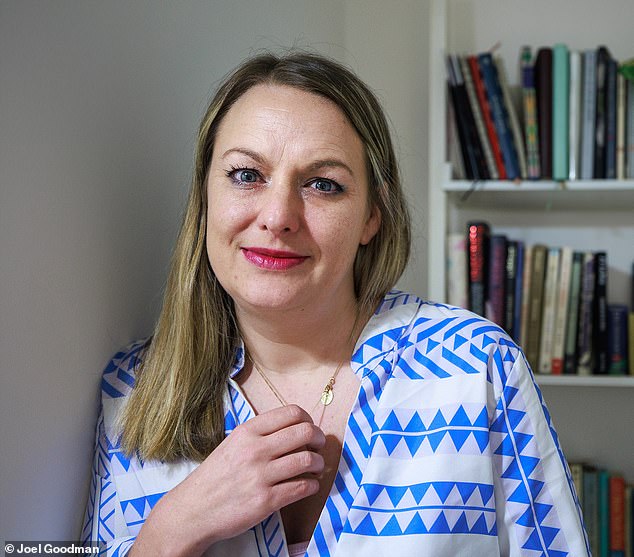
Erica says reading a book by psychologist Susie Orbach helped reset her mindset
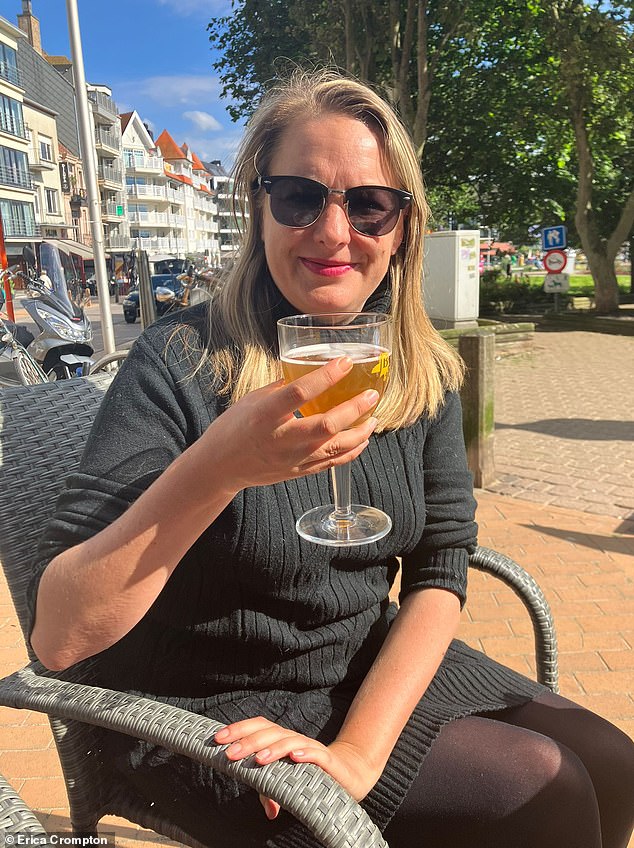
Now, she is, she says: ‘Unapologetic about my body and my appetite’ (pictured enjoying a beer on a recent trip to Belgium)
None of these do women like me, with historical eating disorders, any good. And just watching programmes like Adolescence on the Andrew Tate phenomena, I fear this issue won’t disappear fast.
The one thing that helped empower me to recovery – with a little help – was a book by psychologist Susie Orbach.
Hunger Strike, a little blue book, made an activist out of me by showing how I was using my body as a metaphor for protest in a unjust world.
It was a struggle to get through it, written in an academic style, but once I had I gained strength from the wisdom in its pages, I vowed to write about my own mental health struggles to similarly help others.
So, I’ve written about my mental health for this paper ever since I ventured down the steep and bumpy road to recovery.
This morning, together with my supportive boyfriend who loves my body and it’s Ruben-esque curves, we took some candid shots of me posing in my bathing suit in our back garden. This was my idea.
You see today I’m unapologetic about my body and my appetite and I hope our photos show this.
I’ll take up as much space as I need with my ripples and turkey neck.
Besides, I can look at Facebook photos too. A quick glance shows my lovely caring ex is now bald.
So, I can not only revel in my own beautiful body today, a hard-won battle of self-love and self-confidence…but I can also feel rather smug while doing so, too.







